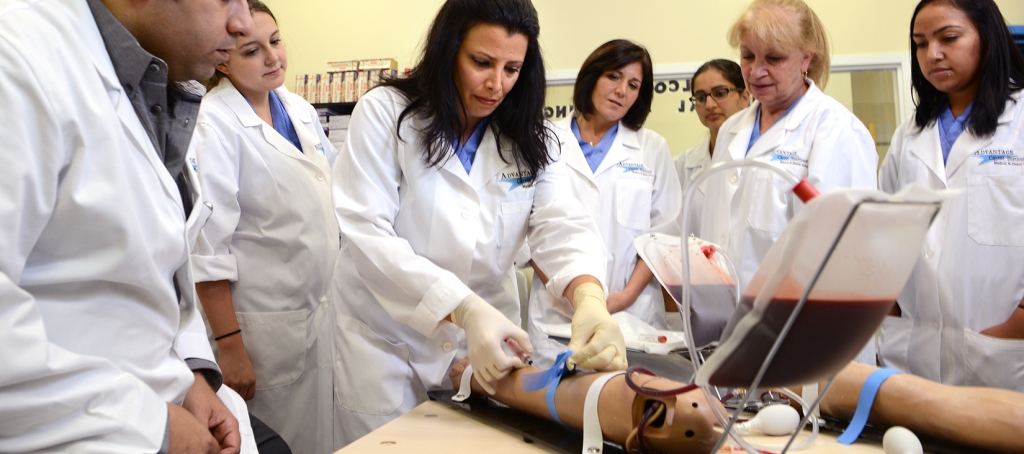# Phlebotomy Training: Everything You Need to Know
Are you interested in pursuing a career in the healthcare industry but don’t want to commit to years of extensive education? Phlebotomy might be the perfect fit for you. Phlebotomists are essential members of the healthcare team who specialize in drawing blood from patients for tests, donations, or research. If you’re considering a career in phlebotomy, it’s crucial to undergo proper training to ensure you have the necessary skills and knowledge to excel in this field.
## What is Phlebotomy Training?
Phlebotomy training is a specialized program that teaches individuals how to safely and effectively draw blood from patients. The training typically covers topics such as human anatomy, blood collection techniques, infection control, and patient care. Most phlebotomy training programs also include a hands-on practicum where students can practice their skills under the supervision of experienced instructors.
## Why is Phlebotomy Training Important?
Proper phlebotomy training is essential for several reasons:
1. **Patient Safety:** Improper blood collection techniques can result in patient discomfort, injury, or infection. Phlebotomy training ensures that students learn how to collect blood safely and efficiently to minimize the risk of complications.
2. **Accuracy:** Blood samples are used to diagnose medical conditions, monitor treatment progress, and screen for diseases. Proper training helps phlebotomists collect high-quality samples that provide accurate test results.
3. **Professionalism:** Phlebotomists often interact with patients who may be anxious or nervous about blood draws. Training teaches students how to communicate effectively, provide emotional support, and maintain a professional demeanor.
## Benefits of Phlebotomy Training
There are several benefits to undergoing phlebotomy training:
– **Job Opportunities:** Phlebotomists are in high demand in hospitals, clinics, diagnostic laboratories, and blood donation centers. Completing a phlebotomy training program can increase your job prospects and earning potential.
- **Flexibility:** Phlebotomists can work part-time, full-time, or on a per-diem basis, making it a flexible career option for those who need to balance work with other commitments.
– **Career Advancement:** With additional training and experience, phlebotomists can advance to supervisory roles, teaching positions, or specialized areas such as pediatric phlebotomy or geriatric phlebotomy.
## How to Choose a Phlebotomy Training Program
When selecting a phlebotomy training program, consider the following factors:
1. **Accreditation:** Choose a program that is accredited by a recognized accrediting body, such as the National Accrediting Agency for Clinical Laboratory Sciences (NAACLS) or the Accrediting Bureau of Health Education Schools (ABHES).
2. **Curriculum:** Ensure that the program covers essential topics such as venipuncture, capillary puncture, medical terminology, infection control, and patient confidentiality.
3. **Hands-on Experience:** Look for programs that offer hands-on training in a clinical setting to help you develop practical skills and gain real-world experience.
4. **Certification:** Some states require phlebotomists to be certified, so choose a program that prepares you for certification exams such as the Certified Phlebotomy Technician (CPT) exam.
## Conclusion
Phlebotomy training is the first step towards a rewarding career in healthcare. By enrolling in a reputable training program, you can acquire the skills and knowledge needed to excel as a phlebotomist. Whether you’re a recent high school graduate, a career changer, or a healthcare professional looking to expand your skill set, phlebotomy training can open the door to exciting job opportunities and professional growth. Start your phlebotomy training journey today and take the first step towards a fulfilling career in healthcare.
